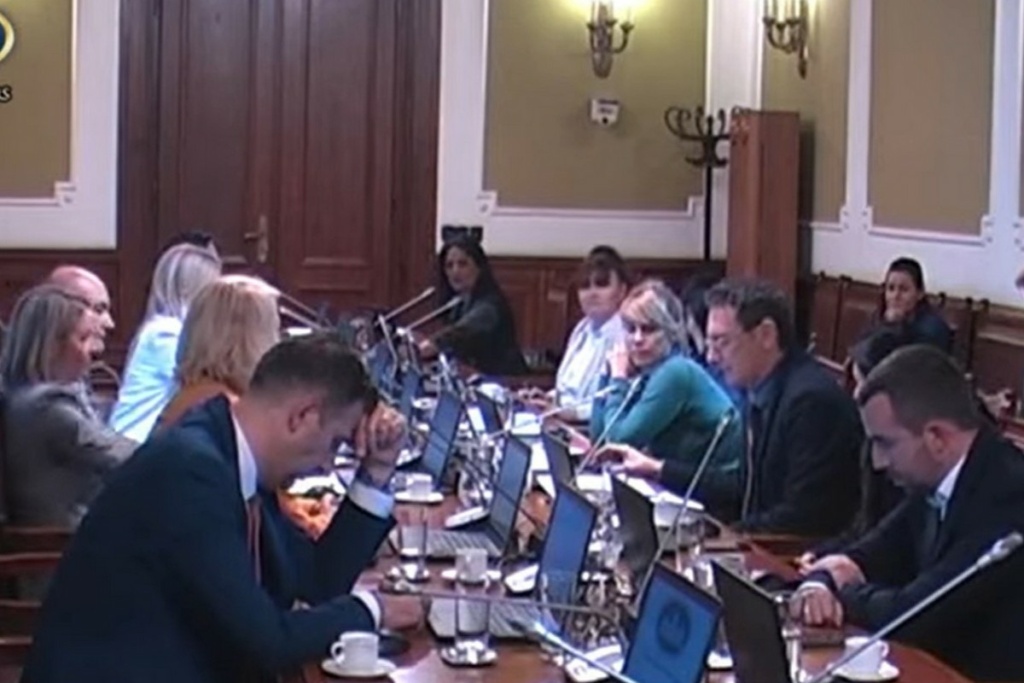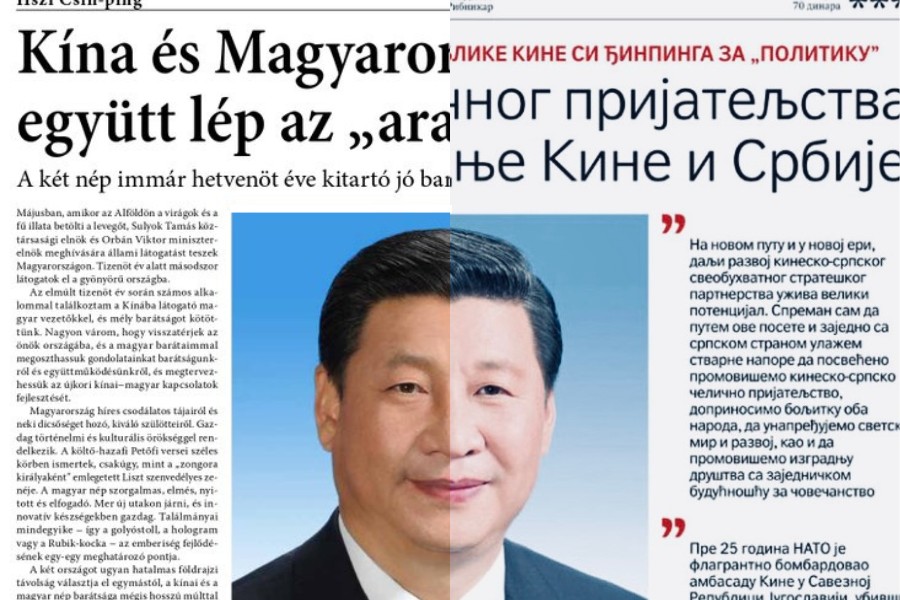Applications are solicited under this year’s theme, Choices. Successful applicants will be selected by an independent committee to take part in our ten-month programme for professional development, culminating in the production of a compelling longform story to be published by BIRN and its media partners.
Our output takes the form of features, analysis and investigations, presented in depth for a global audience. We emphasise strong storytelling and rigorous, on-the-ground reporting – qualities traditionally associated with the best magazine journalism.
The Fellowship provides:
- a bursary of €3,000
- the chance to improve your reporting skills by working in close collaboration with world-class editors
- ongoing mentoring and support from BIRN’s leading regional journalistic network, present in 14 countries of the Central and SEE region
- the opportunity to participate in an introductory seminar focused on reporting and storytelling techniques
- the chance to win additional awards worth between 1.000 and 3.000 euros for the best three stories
- worldwide publication of reports in local languages and English through our network of media partners
- membership of the Fellowship alumni network, designed to support networking between fellows who have participated in the programme since 2007
Here to inspire you is our editor, Neil Arun:
This year’s theme, Choices, asks you to picture your story along a pathway of options and decisions. We want to know a little bit about the events and the processes, the ideologies and the policies, that created the conditions for the story that you want to tell. In other words, as well as answering the usual questions – the who, what, where, how and why of your story – we want you to think about how we got here, and where might we be going next.
How is the problem that you want to examine a product of decisions taken in the past? How might this problem also reflect an ongoing failure to take the right decisions? What factors influence the decision-makers – what is their bias? The anthropologist, David Graeber, said: “the ultimate, hidden truth of the world is that it is something that we make, and could just as easily make differently.” Perhaps this view also holds true for your story; perhaps you disagree with it. Either way, it should get you thinking along the right lines.
The theme is broad, as always, in order to accommodate a broad range of your applications. Do not worry if the story you have in mind does not seem an obvious fit: we prefer a strong proposal that fits the theme loosely over a weak proposal that fits the theme neatly. The purpose of the theme is to inspire you, and to test your ability to argue the case for your story according to some external, and somewhat arbitrary, criteria.
We are looking above all for stories that tell us something new about the world – or that reveal the familiar in a new light. And as always, the best pitches establish a link between the specific and the general. So, where you only have a general idea for the story that you want to cover, please also think about the specifics – the incidents, institutions and individuals – that can illuminate your idea. Conversely, if you have a very specific story that you want to pursue, please also consider what it means in general terms, in a European context.
A good Fellowship story will be the product of months and months of your dedication as a reporter – meeting people, sifting through documents, revising drafts, and examining every possible angle with an editor. If your pitch holds the promise of just such a story, it has a decent chance of success.
About the Fellowship for Journalistic Excellence
The Fellowship has been providing journalists with editorial guidance and funding to pursue agenda-setting stories for more than 15 years. Aimed at promoting the development of a robust and responsible press, the programme has helped shape journalistic standards across the region while boosting the careers of participating reporters.
The Balkan Investigative Reporting Network and Erste Foundation set up the Fellowship in 2007 with a view to encouraging in-depth cross-border reporting in south-eastern Europe. In 2020, the programme was expanded to include four central European countries: the Czech Republic, Hungary, Poland and Slovakia.



 Medijski amandmani umiru u skupštinskom mraku: Noćno zasedanje Odbora, u četiri čina
Medijski amandmani umiru u skupštinskom mraku: Noćno zasedanje Odbora, u četiri čina Deset medijskih sporazuma za „zajedničku budućnost” sa Kinom, zemljom cenzure i progona novinara
Deset medijskih sporazuma za „zajedničku budućnost” sa Kinom, zemljom cenzure i progona novinara Kako ojačati lokalne medije i obnoviti informisanje o radu opštinskih vlasti: Britansko rešenje daje rezultate
Kako ojačati lokalne medije i obnoviti informisanje o radu opštinskih vlasti: Britansko rešenje daje rezultate
Ostavljanje komentara je privremeno obustavljeno iz tehničkih razloga. Hvala na razumevanju.